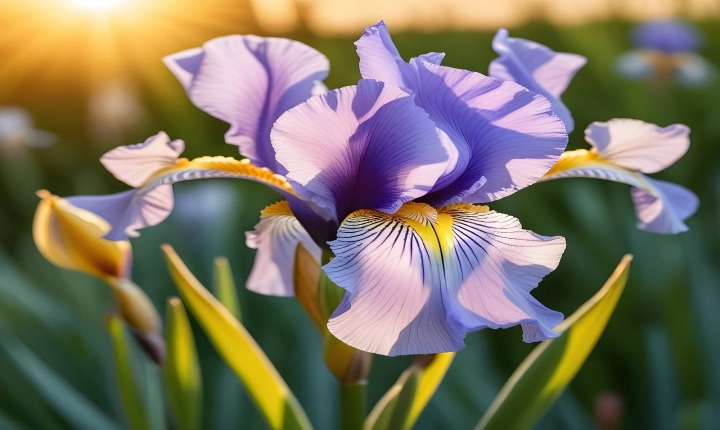Title: The Ethics of AI-Generated Art: Does it Steal from Human Creativity?
Art has been an essential part of human civilization for centuries, serving as a powerful means of expression and creative communication. In recent years, the emergence of artificial intelligence (AI) has brought about new opportunities for artistic creation, raising significant ethical questions about the role of AI in the art world and its potential to infringe upon human creativity.
One of the most pressing concerns surrounding AI-generated art is the question of whether it constitutes as “stealing” from human artists. AI art is created through algorithms and machine learning, which analyze and replicate patterns, styles, and techniques based on existing artworks. This raises the issue of originality and the extent to which AI can truly produce authentic, original creations without merely imitating or replicating human art.
While it is undeniable that AI-generated art can produce visually stunning and technically impressive pieces, many argue that it lacks the emotional depth, narrative, and personal expression that define human-created art. Human creativity is often driven by personal experiences, emotions, and cultural influences, which AI lacks the ability to authentically replicate. This leads to the argument that AI-generated art may indeed “steal” the essence of human creativity by producing work that lacks the soul and personal touch of genuine human artistic expression.
Furthermore, the use of AI in art raises questions about the ownership of the creative process and the rights of AI-generated artworks. When AI creates art, who should be credited as the creator? Should the original author of the algorithm or the operator of the AI system be considered the artist, or does the AI itself deserve recognition as a creative entity? These questions challenge traditional notions of authorship and intellectual property, creating a complex ethical landscape within the art world.
On the other hand, proponents of AI-generated art argue that it should be viewed as a tool for artistic expression rather than a threat to human creativity. AI has the potential to expand the boundaries of artistic innovation, offering new tools and techniques for artists to explore and integrate into their practice. Additionally, AI-generated art can serve as a collaboration between human and machine, pushing the boundaries of traditional artistic methods and inspiring new forms of creativity.
Ultimately, the debate surrounding AI-generated art and its potential to “steal” from human creativity reflects the broader ethical implications of AI’s impact on various aspects of human life. As AI continues to advance, it is crucial for society to engage in meaningful discussions about how to navigate the ethical challenges posed by AI in the art world and beyond. By exploring the intersection of AI and human creativity, we can develop a deeper understanding of the evolving relationship between technology and art, and work towards establishing ethical guidelines that ensure the preservation and recognition of human creativity in a rapidly changing artistic landscape.
